Photographs: Danish Siddiqui/Reuters Sayantani Kar in Mumbai
While Dilip Shanghvi, founder-MD of Sun Pharma (Sun) says it is yet to take a call on the fate of brand Ranbaxy -- whether to retain or merge it -- experts say it might have no choice but to drop the sullied corporate brand.
Sun’s acquisition of Ranbaxy would create the fifth-largest specialty generics company in the world and the largest Indian pharma company, with an estimated revenue of $4.2 billion.
Not only would the manufacturing units and range of globally-marketed specialty and generic products belong to Sun, but also a broad pipeline of new drug launches.
But right after previous owner, Daiichi Sankyo, the Japanese pharma company, bought its promoter shares from Malvinder Singh and family, Ranbaxy’s plants had come under the US Food and Drug Administration’s scanner.
FDA run-ins still continue, leading to barring of some of Ranbaxy’s India-made drugs in the US.
Marketing experts believe that the consumer sub-brands might be retained by Sun.
. . .
Brand Ranbaxy may be axed soon
Image: Sun Pharmaceuticals' founder Dilip Shanghvi.Photographs: Adeel Halim/Reuters
“There are three stakeholders of the brand.
“The end brands would definitely be retained as the public won’t recall the corporate brand.
“So, for the end consumer there might not be much of a change.
“But to avert the heat on Ranbaxy, Sun might have to give some sort of reassurance about the quality to the other stake-holder -- doctors.
“The brand ownership would be a hindrance for Sun with the US FDA.
“Even when it would keep the physical assets like labs, it should get rid of the Ranbaxy brand.
“Sun Pharma would have to demonstrate what processes it would put in place to get rid of the discrepancies,” says Anand Halve, co-founder and director of Chlorophyll brand consultancy.
. . .
Brand Ranbaxy may be axed soon
Image: Ranbaxy gets 29 per cent revenue from the US, Sun Pharma 60 per cent.Photographs: Reuters
Ranbaxy gets 29 per cent revenue from the US, Sun Pharma 60 per cent.
But the rest of the world contributes more to Ranbaxy than it does to Sun Pharma.
India accounts for around 21-23 per cent for both.
Shripad Nadkarni, founder-director of MarketGate Consulting says there might be a full-fledged assessment.
“Sun Pharma would have to do an audit of the brand to understand whether the negatives outweigh the positives or not. If it does, then it would have to fold back Ranbaxy. Though, it is a powerful brand even among the trade,” he says.
Ranbaxy had popular brands under its OTC business, an area where pharma companies get to reach out to the end consumer themselves.
. . .
The image is used for representational purpose only
Brand Ranbaxy may be axed soon
Image: Marketing experts believe that the consumer sub-brands might be retained by Sun.Photographs: Reuters
Its Volini, the pain reliever, and Revital, a vitamin-based product, have been endorsed by Bollywood actors.
“The OTC brands matter for the consumer, the mother brand does not.
“These have the equity that Sun would not want to let go of.
“On the other hand, the trade value of Ranbaxy would not depend so much on branding as it would on one-to-one relationships that the company used to have with doctors etc.
“It is more to do with technical specifications,” says K V Shridhar, chief creative officer, India Subcontinent, Leo Burnett. He says that just as with Satyam, it would still take time to erode the goodwill around the brand.
. . .
The image is used for representational purpose only
Brand Ranbaxy may be axed soon
Image: The rest of the world contributes more to Ranbaxy than it does to Sun Pharma.Photographs: Mark Blinch/Reuters
Gautam Kiyawat, CEO, Madison Media Group, Madison Communications, which handles the media duties of Piramal Healthcare seconds, “The common man would not know the issues around the brand, as people buy the sub-brands.”
Nadkarni says that it might be difficult to retain the acquired brand for long, especially if it has not been bought for its brand strength.
“It is also easier to maintain one parent brand instead of two by way of spends and consumer recall,” he says.
Halve reminds, “I doubt that a lot of consumers would remember the parent brand of FMCG companies. They would still be buying the sub-brand of shampoo or soap. In pharma, it is even less recalled.”
. . .

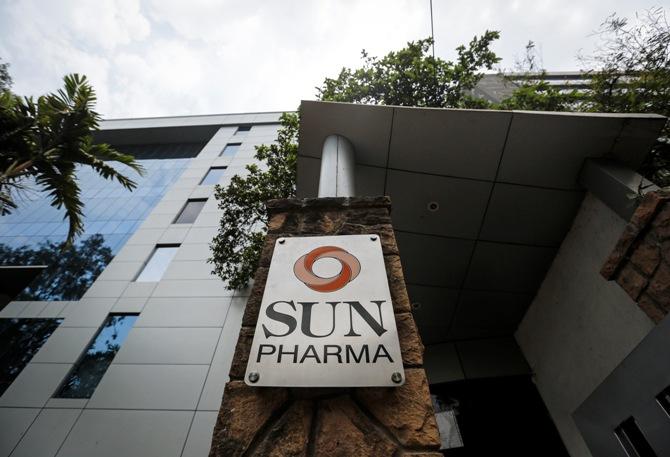
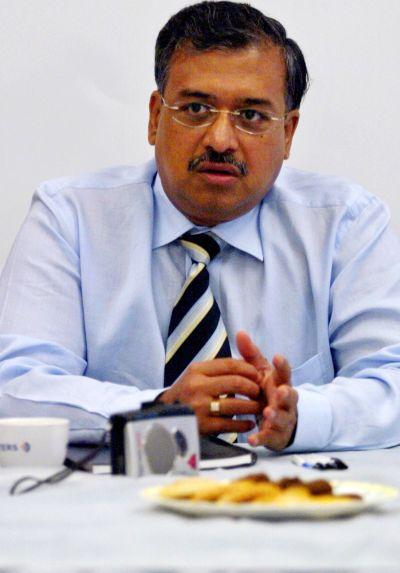
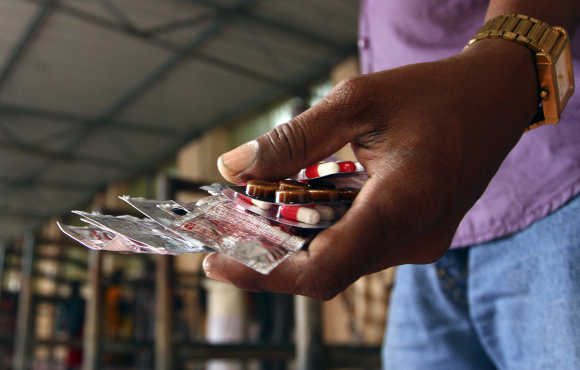
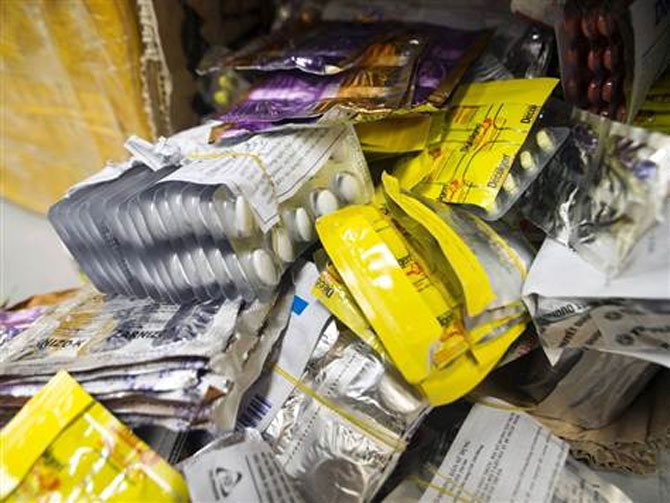
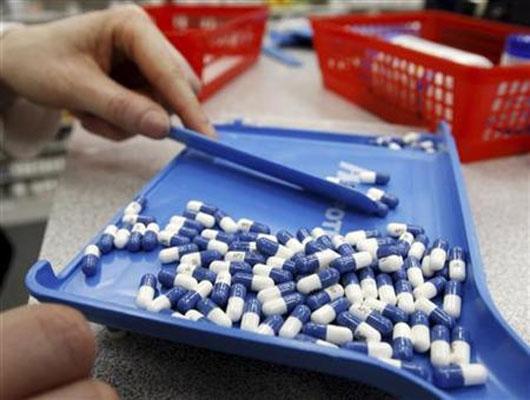

article